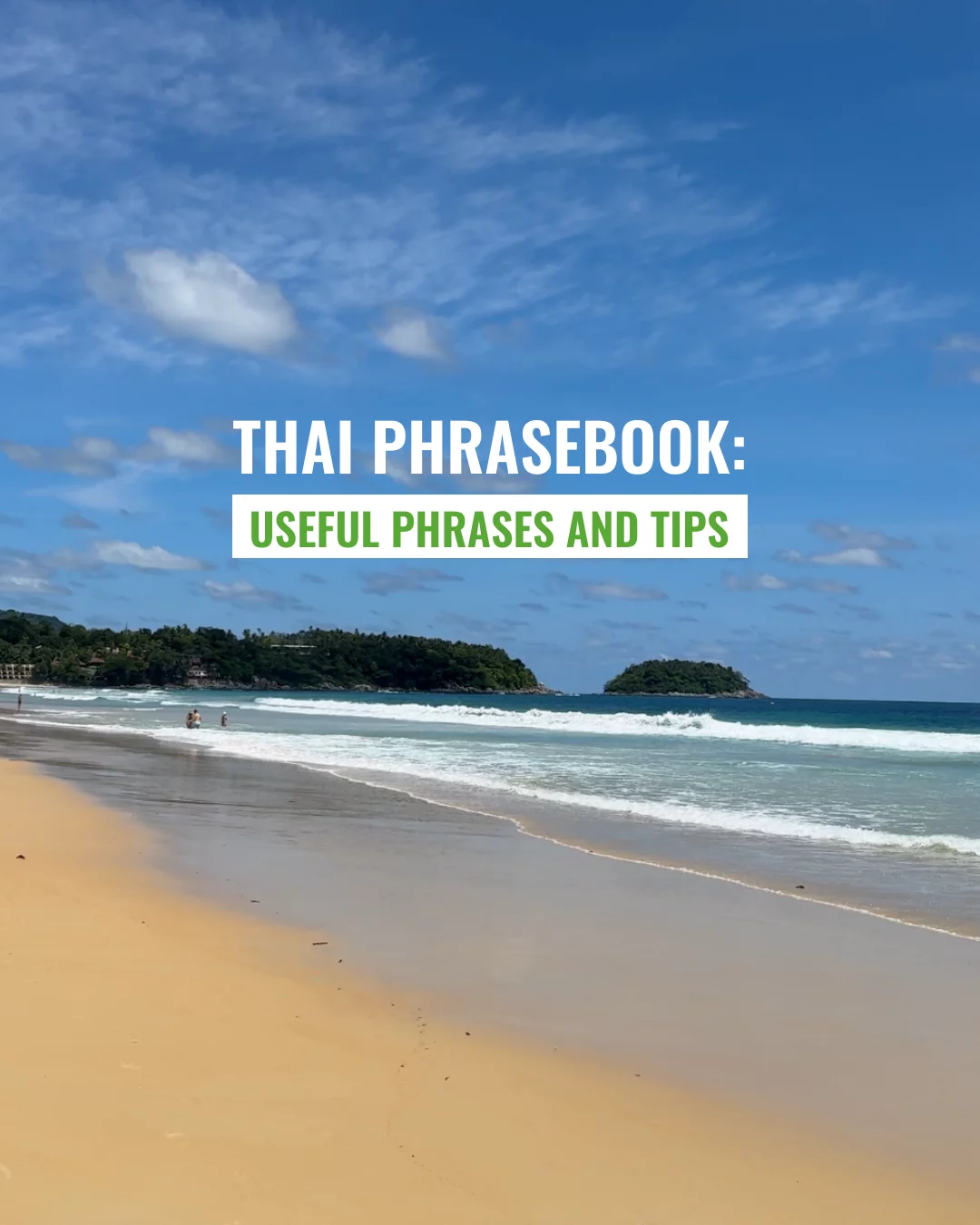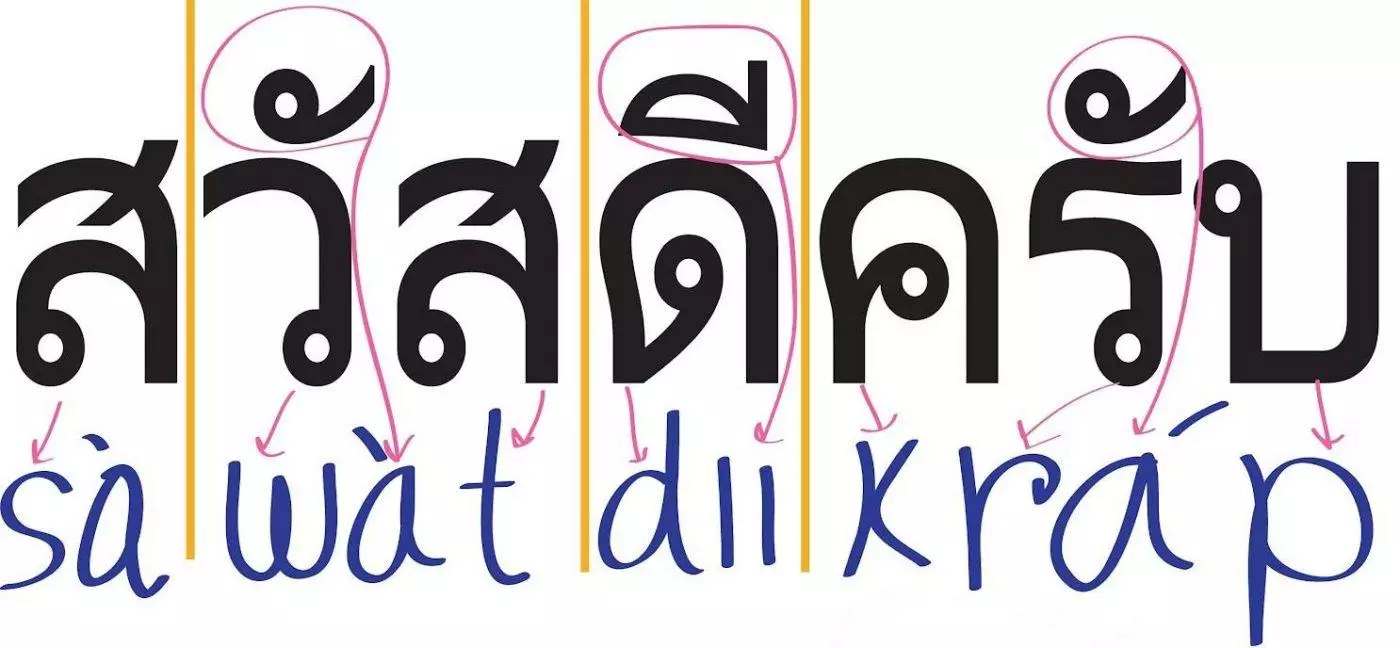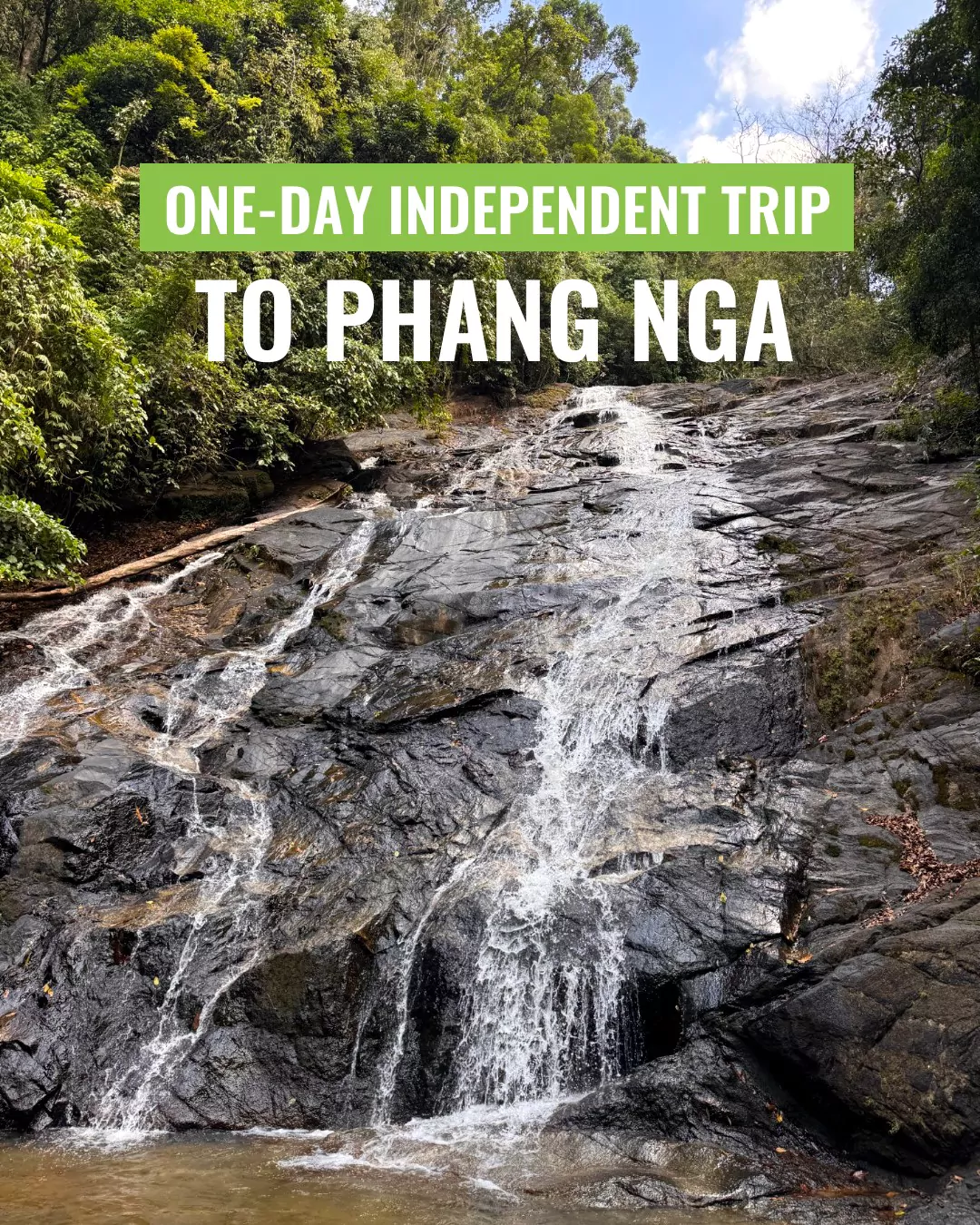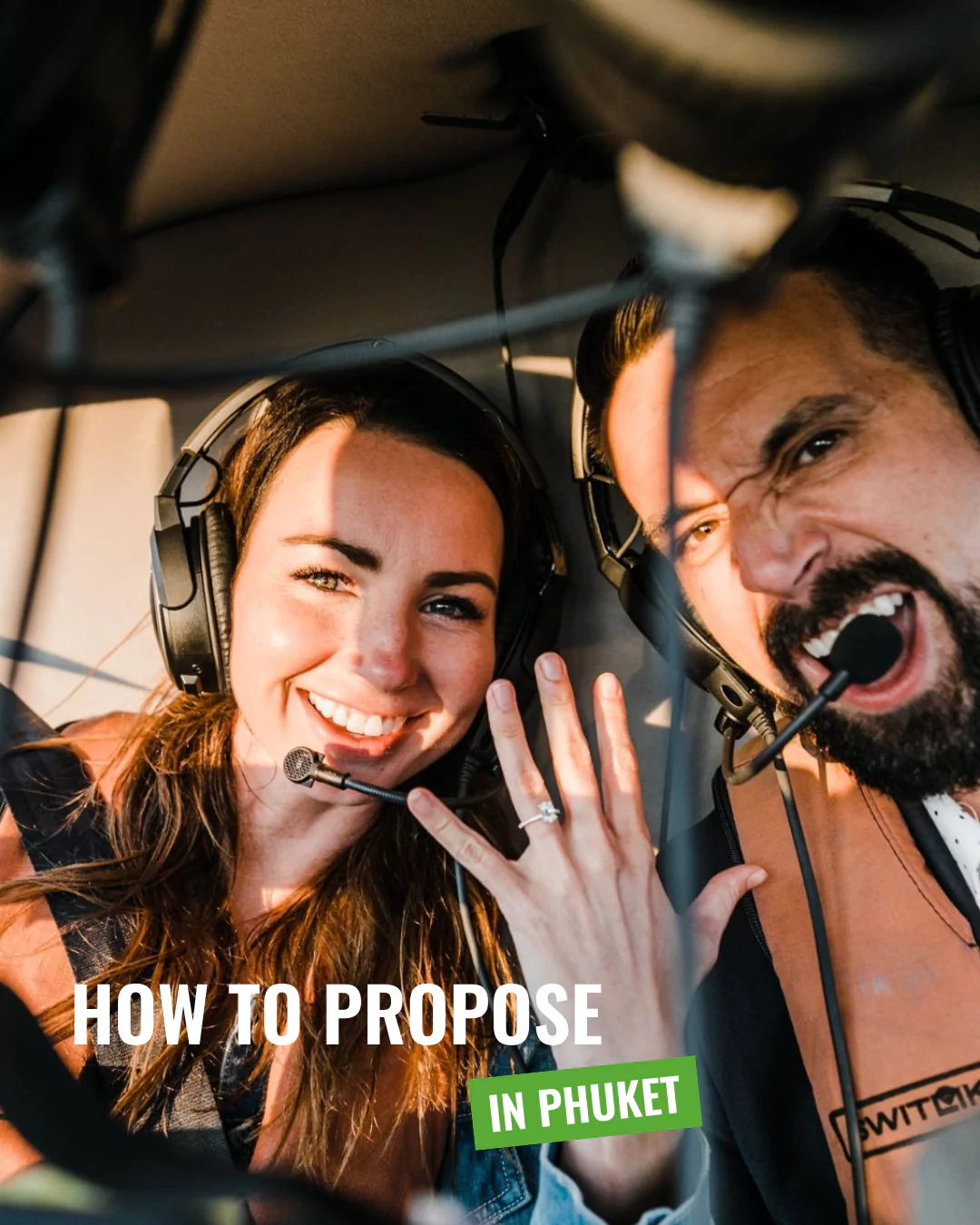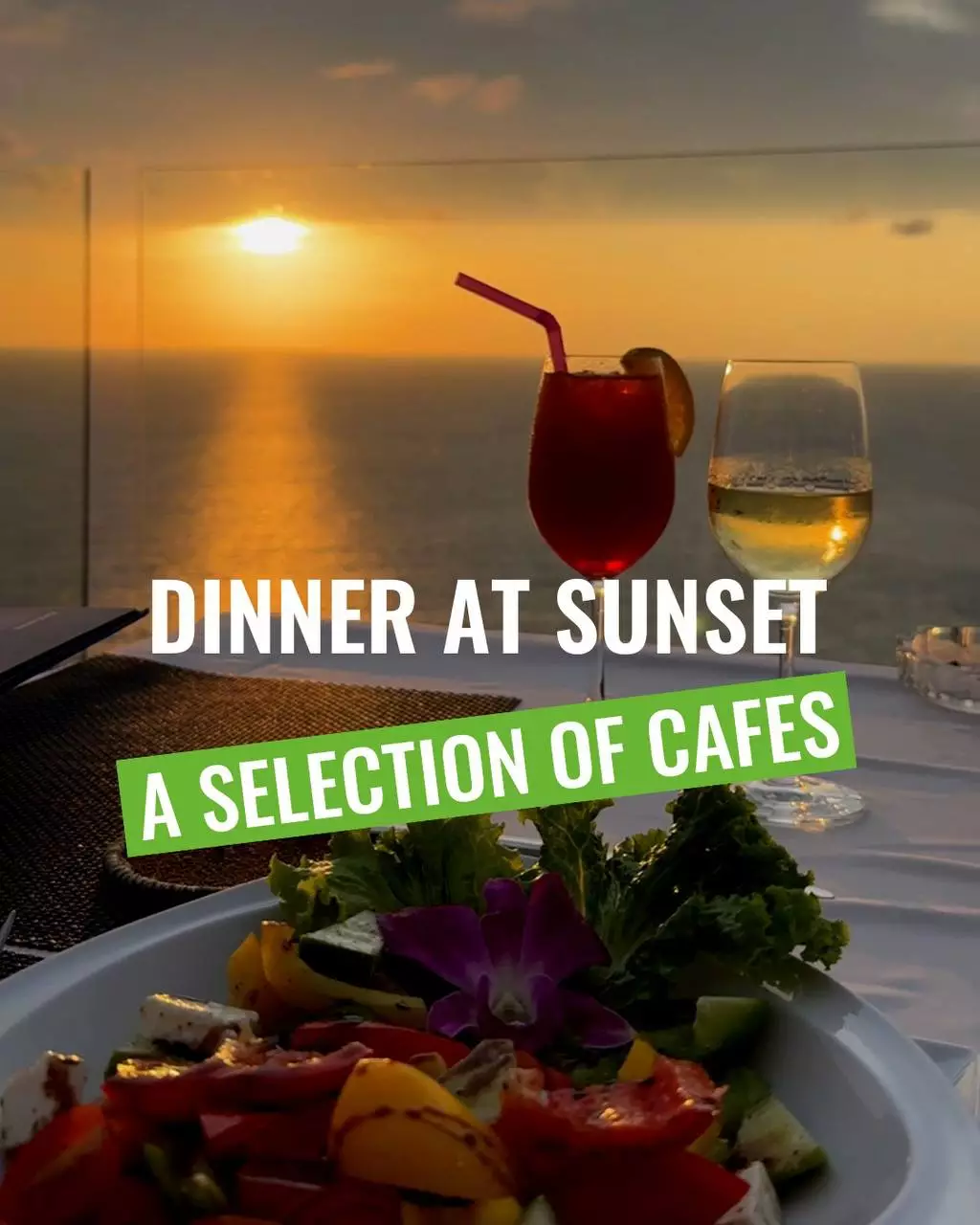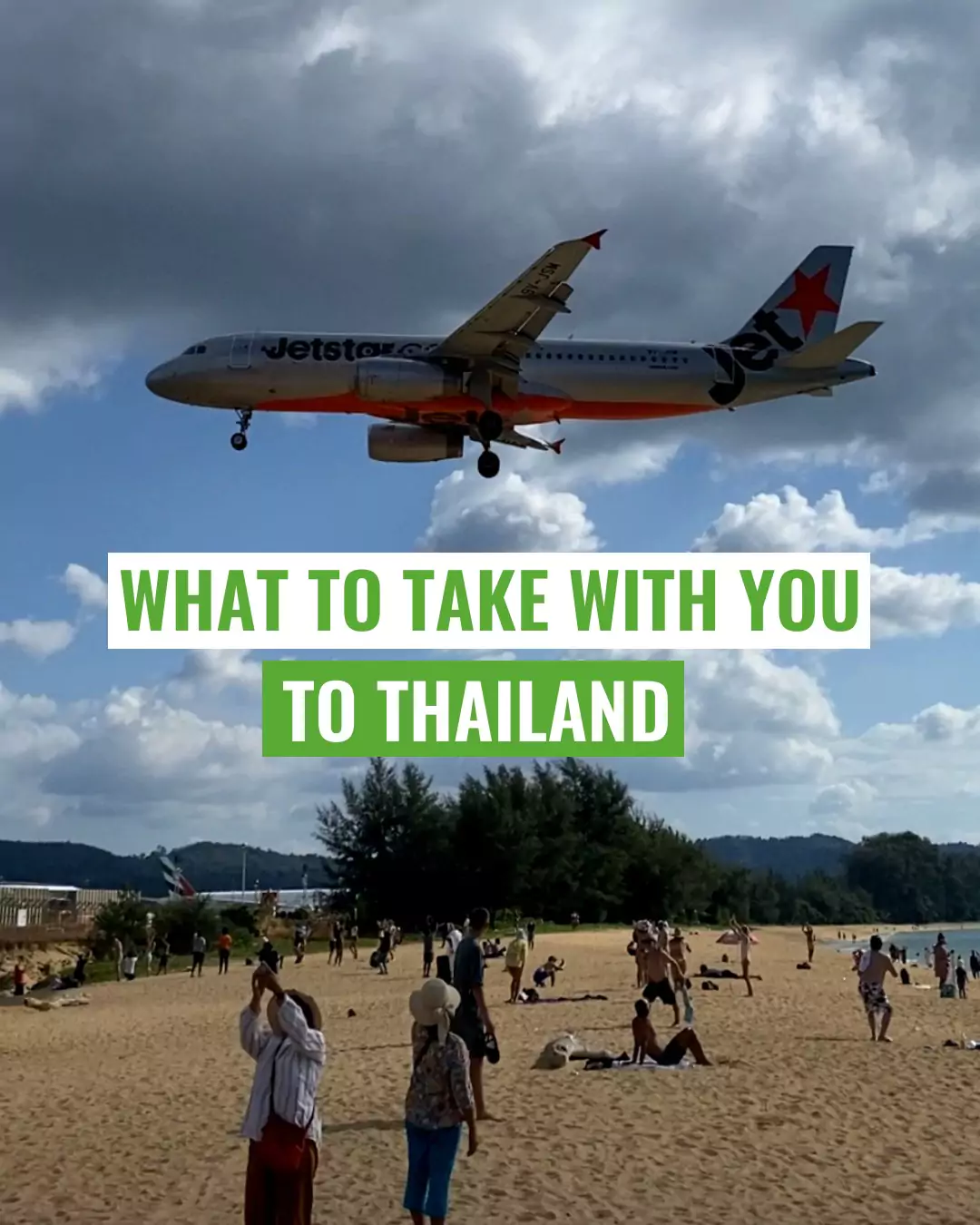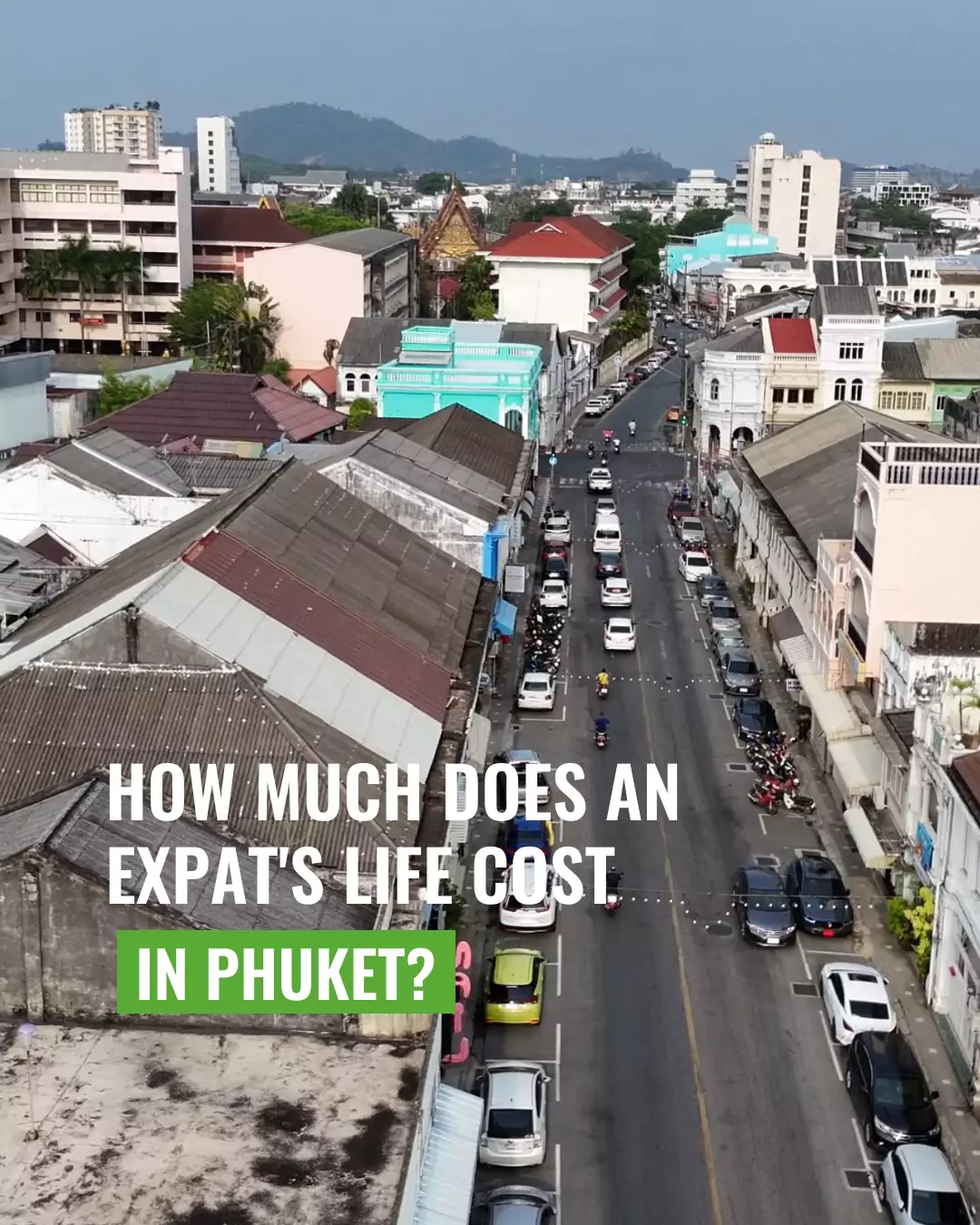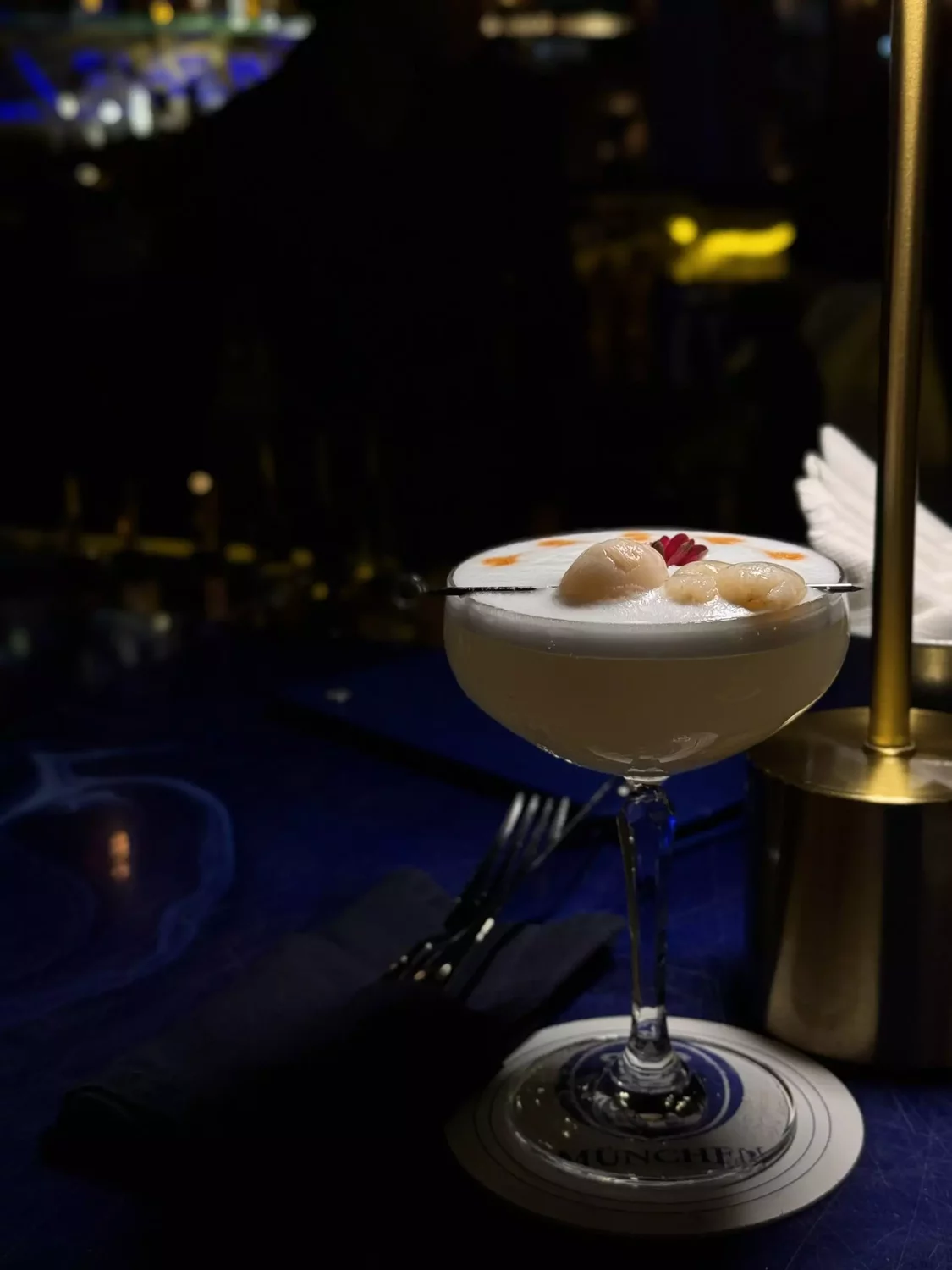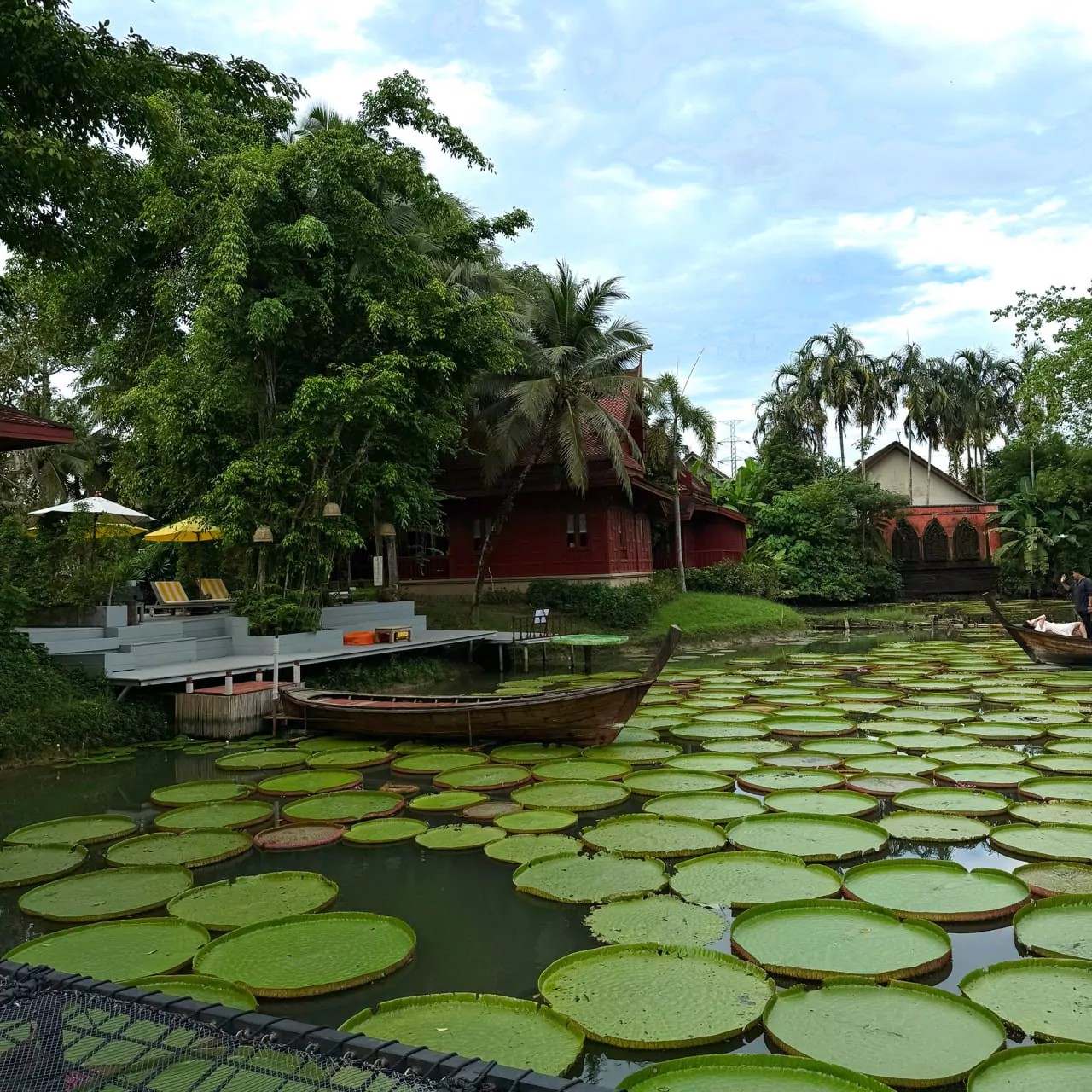Thai phrasebook for tourists in Phuket
The official language of Thailand is Thai. It belongs to the Austroasiatic language family, has its own alphabet consisting of 44 consonants and 15 vowels, and features a complex writing system without spaces between words. Additionally, Thai is a tonal language, meaning the tone in which a word is pronounced greatly influences its meaning.
Thai is considered challenging to learn for speakers of other language groups. Thai people are well aware of this, and most of them understand English, so you don’t need to worry about communication during your stay in Thailand. However, this mainly applies to major tourist destinations, not to small Thai villages. If you plan to travel to rural areas of Thailand, you may encounter a language barrier. Even if you plan to spend your time exclusively in Phuket, having basic knowledge of the Thai language will demonstrate respect for the Thai people, which will undoubtedly be rewarded with the best attitude toward you.
It is important to note that the Thai language includes many forms of politeness, which depend on age, status, and relationships between people. One example is the addition of particles at the end of a phrase, such as “kha” (or kaa) for women and “khrap” (or kap) for men.
Basic phrases in Thai:
Hello – Sawasdee + kha/khrap
Goodbye – La-korn + kha/khrap
Thank you – Khop khun + kha/khrap
Please – Karuna
What is your name? – Khun cheu arai + kha/khrap?
My name is… – Chan chue…
How are you/How is your health? – Khun sabai dee mai + kha/khrap
Good luck! – Chok dee + kha/khrap
Yes – Chai
No – Mai
Can I? – Dai mai?
Cannot – Mai dai
Mak mak – A lot, very much
I don’t understand – Chan mai kao jai + kha/khrap
I don’t want – Chan mai ao + kha/khrap
Question words:
Who? – Khrai
What? – Tham-a-rai
Where? – Thi-nai
How? – Yang-rai
Why? – Tham mai
When? – Meua-rai
At a cafe/restaurant/market:
Is it available? – Mi mai?
How much does it cost? – Thao rai + kha/khrap?
Menu, please – Kho menu
Check, please – Check bin duay + kha/khrap
No chili/spicy – Mai phet
Expensive – Paeng
I don’t need it – Mai ao + kha/khrap
Water – Naam
Boiled rice – Khao prao
Fried rice – Khao pad
Vegetables – Phak
Chicken – Gai
Fish – Pla
Pork – Moo
Beef – Nua
Seafood – Thale
Fruits – Ponlamai
On the road/during a trip:
Go, travel, route, pass – Pai
Can I pass? or Can I travel with you? – Pai dai mai?
Turn right – Khwa
Turn left – Sai
Stop here – Jot thi ni
Here – Thi ni
There – Thi nan
Numbers/counting:
Zero – Soon
One – Neung
Two – Song
Three – Sam
Four – Si
Five – Ha
Six – Hok
Seven – Jet
Eight – Pet
Nine – Kao
Ten – Sip
Eleven – Sip et
Twelve – Sip song
For further numbers, simply add the corresponding digit (e.g., Sip sam, Sip si, etc.).
Twenty – Yi sip
Thirty – Sam sip
Forty – Si sip
Fifty – Ha sip
And so on, simply substituting the respective numbers.
Hundred – Roi
Two hundred – Song roi
Thousand – Phan
Million – Neung-lan
Call for help/request:
I have been robbed – Chan thuk khamoi…
Luggage/bag – krapao
Wallet – krapao tang
Passport – nangseu daen thang
Please call… – Karuna suay riak…
Police – chaa
Ambulance – thamrot
These are basic, essential phrases that may come in handy while you’re in Thailand.
It’s important to know that in Thailand, not only words but also gestures play a significant role. They express respect, social status, and cultural tradition.
One of the most recognizable and important gestures in Thai culture is the wai, a gesture of respect and gratitude. The “wai” is performed as follows:
- The palms are pressed together (like in prayer).
- The hands are raised to the chest, face, or forehead – depending on the level of respect.
- The depth of the head bow also varies: the higher the status of the person, the deeper the bow.
The “wai” is appropriate in the following situations:
- When greeting or saying goodbye.
- As a sign of gratitude.
- When apologizing.
- To show respect (e.g., to a monk, teacher, or elderly person).
When you should not perform the “wai”:
- Thais do not initiate a “wai” to service staff, drivers, or vendors – this is not considered disrespectful, but rather a matter of social status.
- Foreigners are not required to return a “wai,” especially if unsure of the context. A polite smile or a slight nod is perfectly acceptable.
Also, remember that smiling in Thailand is a universal and essential part of communication. Thais often smile even in tense situations to help maintain “face.”
If you want to learn more about Thai people, read our article Things You Didn’t Know About Thailand: 10 Unusual Facts.
You can also explore the Excursions and Museums sections to learn more about the history and meaning of various places.

